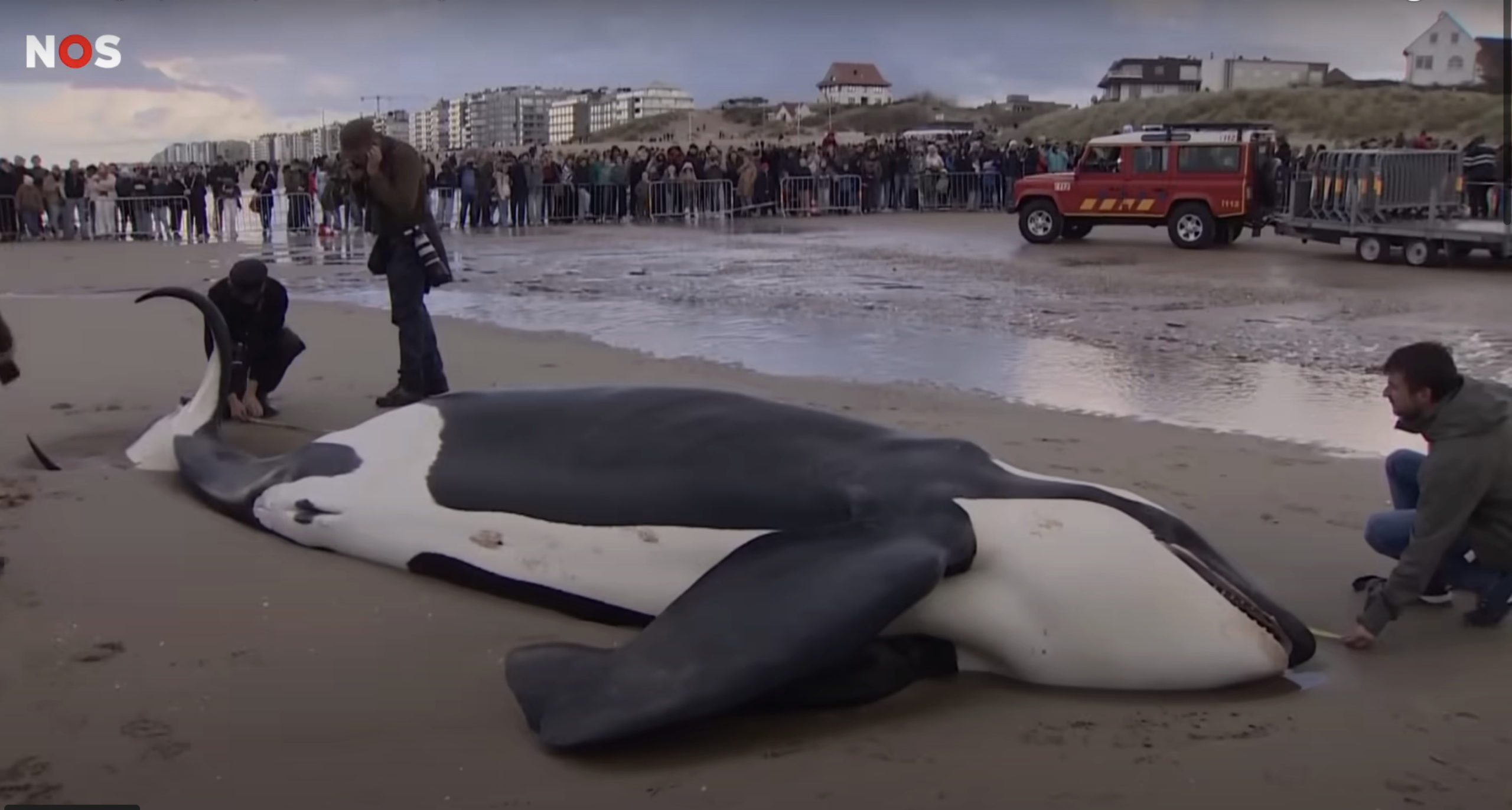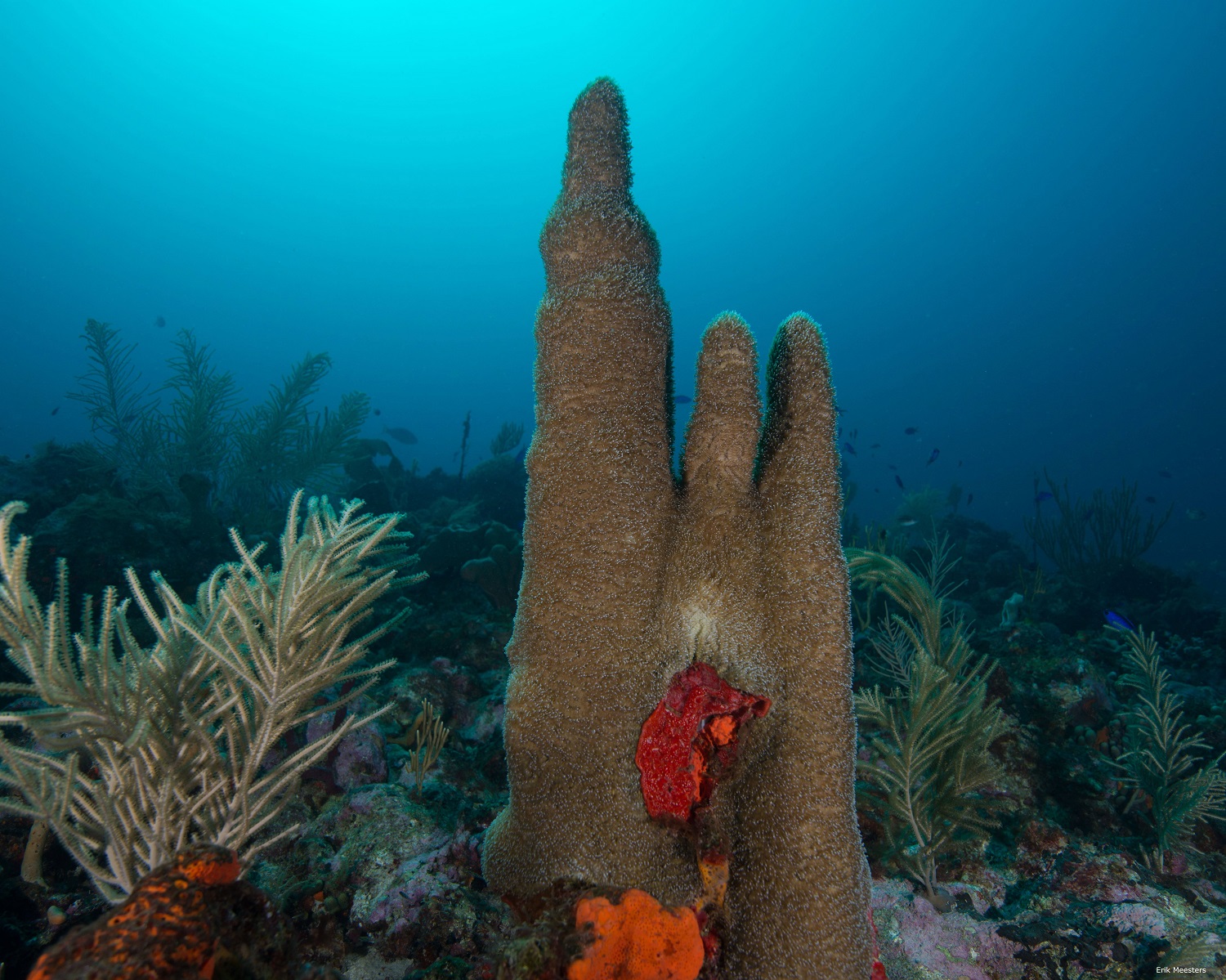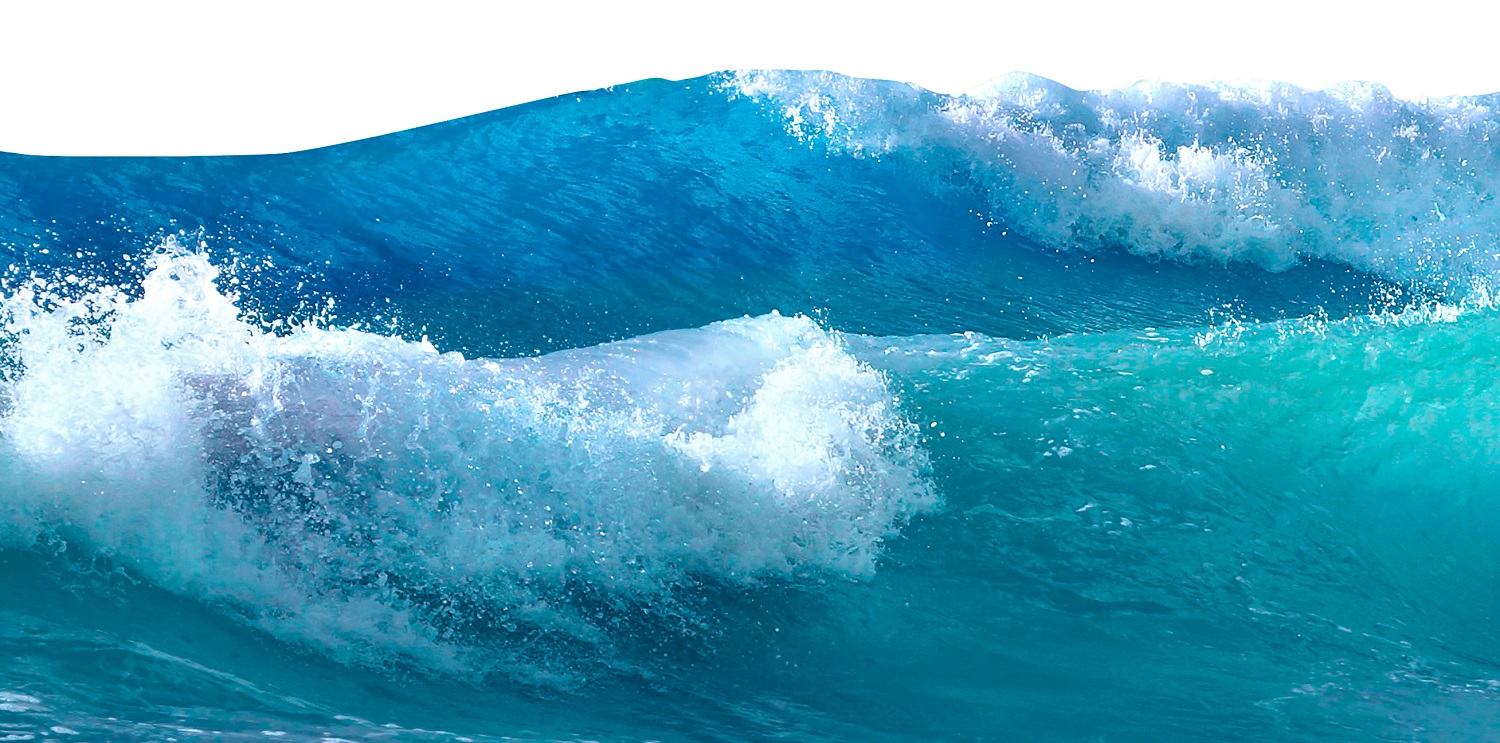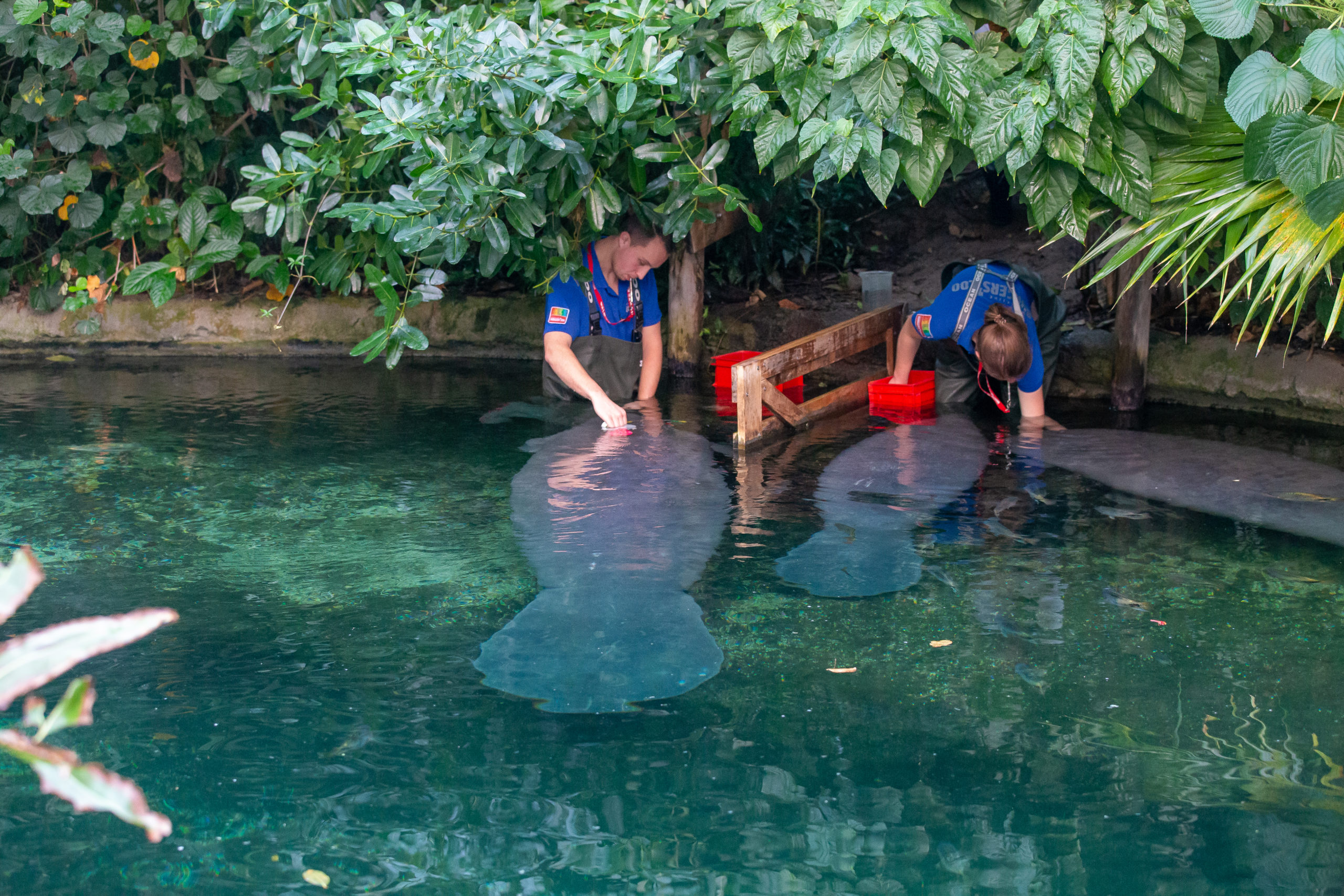Almost precisely a year after an orca stranded on the Cadzand beach, a peer suffered the same fate on the Belgian coast last Sunday. This animal also had an empty stomach, according to Belgian sources. Resource called marine biologist Mardik Leopold, the marine biologist who studied the stomachs and intestines of the orca that was stranded in Cadzand last year.
An orca stranding off the North Sea coast is exceptional, this being the seventh time in six decades. Of these seven, only orca Morgan survived in 2010. For Leopold, dissecting an orca was a first last year. The event was documented by Resource at the time. Another orca stranded within such a short time span may be a complete coincidence, Leopold says. ‘Orcas’ habitat is not all that far away. There is a group in the Bay of Biscay. Orcas live northwest of Scotland and near Norway and Iceland. Sometimes, an orca wanders off. This usually indicates something is amiss. The animal may have a deficiency or have been ousted by the group. A solitary orca is vulnerable, as the animals generally live within fairly strict family groups.
Identification
Initially, the Belgian orca was suspected of being the male companion spotted in the company of Cadzand orca IB6 Gala in better days. Leopold: ‘When she was stranded, there were people on the beach who claimed to have seen two animals, while only one was stranded. Hence the idea that this may be that second animal.’ Analysis of the dorsal fin put an end to this speculation on Monday. The Belgian orca is not IB13, the animal frequently seen swimming in the company of IB6 Gala.
Still, there is a considerable chance the animal is a part of the same Spanish group of which IB6 Gala was also a member. ‘The pictures showed that this animal also has teeth ground down almost to its gums, similar to IB6 Gala, as well as a completely empty stomach. Our conclusion was that she was stranded because the poor and painful condition of her teeth prevented her from eating. Moreover, during dissection in Utrecht, we discovered that the animal had inflammations in her organs.’
Sandpaper
The poor condition of the Belgian orca’s teeth does not match its age, as it is said to be a young male. ‘But some orcas survive mainly on rays and sharks; the latter are said to have a skin similar to sandpaper. That may explain the considerable erosion of the teeth’, Leopold clarifies. Factoring in the fact that sharks of some size are only found in the Bay of Biscay in this part of the world, Leopold’s idea sounds fair. ‘I wonder whether DNA identification confirms my suspicion.’
Leopold is not involved in the Belgian orca’s post-mortem. Teams from the universities of Liège and Ghent conducted a preliminary autopsy on-site at the beach on Monday. Leopold eagerly followed the Belgian media coverage of the event, grateful that the Netherlands has the facilities to conduct an autopsy of an animal this size in a dissecting room. ‘But I would have liked to take a look in those stomachs* for myself’, he admits.
* An orca has four stomachs, and thirty metres of intestines.

 The Belgian orca on the beach. Image NOS Children’s news bulletin
The Belgian orca on the beach. Image NOS Children’s news bulletin 

